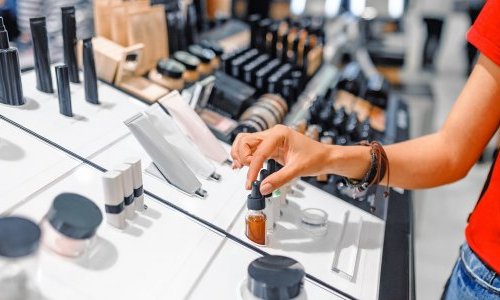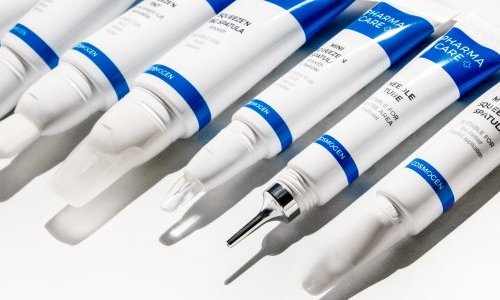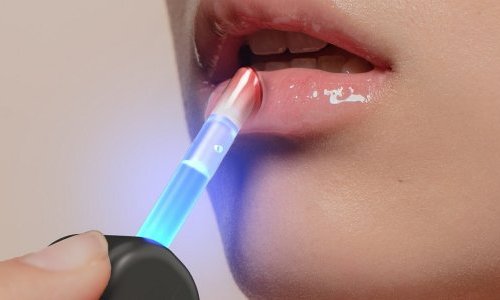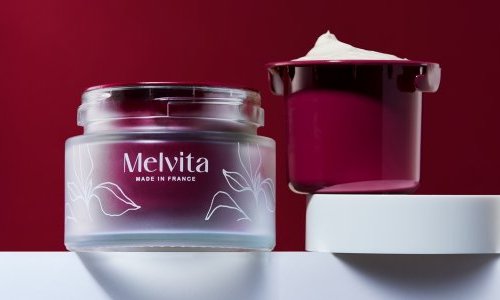In a class action complaint filed in the US District Court in Northern California, Bondi Sands is accused of mislabelling several sunscreen products available in the US as “reef friendly” while they contain chemical filters, such as avobenzone, homoslate, octisalate, and/or octocrylene, which according to the plaintiff “are not safe for reefs” [Moran v. Bondi Sands (U.S.) Inc., 21-cv-07961-JSW (N.D. Cal. Apr. 29, 2022)] [1].
According to the Sydney Morning Herald, which revealed the case, other sunscreen makers, including Banana Boat and Edgewell Personal Care [2], are facing similar complaints.
In response to questions from the Australian newspaper, Bondi Sands said their “sunscreen products are made in Australia and are compliant with TGA regulations, which are the strongest SPF guidelines in the world, and are compliant with strict EU and FDA laws.”
Free from oxybenzone and octinoxate
On their website, the Melbourne-headquartered company now provides a definition of what does “Reef Friendly” mean according to them: the absence of oxybenzone [3] and octinoxate [4].
“It’s important to know that the term “Reef Friendly” is not defined or regulated by authorities, so when you see these words on Bondi Sands sunscreens, it simply means that our entire suncare range has been formulated in compliance with Hawaii’s regulations and is free of oxybenzone and octinoxate. We will continue to evolve our product formulations based on guidance from both local and international authorities,” the website quotes.
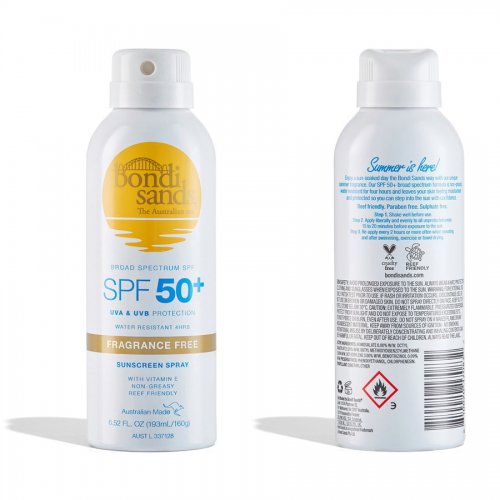
Bondi Sand’s SPF-50 Broad Spectrum UVA and UVB Protection Aerosol Mist Spray, claiming the product is “fragrance free”, “non greasy”, “reef friendly” and “Australian Made”, the list of ingredients shows the presence of octocrylene, but not oxybenzone or octinoxate
Indeed, since January 1, 2021, the U.S. State of Hawaii has banned sunscreens containing these two filters, but did not provide a definition of what would be a reef of coral safe product.
The class actions against Bondi Sands and other manufacturers should therefore focus mainly on the question of how misleading the terms ‘reef friendly’ and ‘reef safe’ are for consumers without any expertise in the formulation of sunscreen products.
While the negative effects of oxybenzone on corals are fairly well documented, the impact of the numerous chemical UV filters washed into the oceans every year is still a subject of controversy, with some scientists insisting on the impact of global warming. However, research on this issue is making advances and some mechanisms of action are now better understood.






















